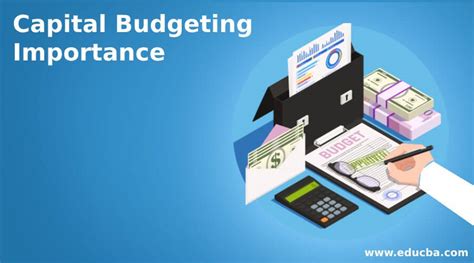Laying the Groundwork: Understanding Your Financial Landscape
For men looking to take command of their finances, the journey begins with a clear, unflinching look at your current situation. This isn’t about judgment; it’s about data. Start by meticulously cataloging all sources of income – salary, bonuses, side hustles, etc. Next, track every single expense for at least a month. Use an app, a spreadsheet, or a simple notebook. The goal is to identify where every dollar goes, revealing unconscious spending habits and potential leaks.
Once you have a clear picture of your cash flow, assess your debts. List them all: credit cards, student loans, car loans, mortgages. Note the principal amount, interest rate, and minimum monthly payment for each. This comprehensive overview is your financial battlefield map.

Phase 1: Crushing Debt with Precision
Debt is often the biggest obstacle to building wealth. Tackling it aggressively is paramount. There are two primary strategies, and the best one for you depends on your psychology:
- Debt Snowball Method: List your debts from smallest to largest balance. Make minimum payments on all debts except the smallest, on which you throw every extra dollar. Once the smallest is paid off, take the money you were paying on it and add it to the payment of the next smallest debt. This method provides psychological wins early on, keeping motivation high.
- Debt Avalanche Method: List your debts from highest interest rate to lowest. Make minimum payments on all debts except the one with the highest interest rate, on which you focus all extra funds. This method saves you the most money on interest over time, making it mathematically superior.
Beyond these, consider negotiating lower interest rates with creditors, consolidating high-interest debts into a lower-interest personal loan, or even exploring balance transfer credit cards if you have excellent credit (but be wary of fees and ensure you can pay off the balance before the promotional period ends).

Phase 2: Building Wealth Strategically
Once you have a clear debt reduction plan in motion, or concurrently if your debt is manageable, pivot to wealth accumulation. This phase requires discipline, foresight, and automation.
1. Build an Emergency Fund: Before investing, establish a robust emergency fund. Aim for 3-6 months’ worth of essential living expenses stored in a high-yield savings account. This acts as a financial safety net, preventing new debt during unexpected life events.
2. Automate Savings and Investments: Pay yourself first. Set up automatic transfers from your checking account to your savings and investment accounts on payday. Treat these transfers like non-negotiable bills.
3. Maximize Retirement Accounts: Contribute as much as you can to tax-advantaged accounts like a 401(k) (especially if your employer offers a match – that’s free money!), Roth IRA, or Traditional IRA. These accounts offer significant tax benefits and powerful compounding growth.

Optimizing Your Budget for Maximum Impact
To free up more money for debt repayment and investing, optimizing your budget is key. Here are proven strategies:
- The 50/30/20 Rule: Allocate 50% of your take-home pay to Needs (housing, utilities, food), 30% to Wants (entertainment, dining out, hobbies), and 20% to Savings & Debt Repayment (beyond minimums). This provides a flexible framework.
- Zero-Based Budgeting: Every dollar is assigned a job. Your income minus your expenses should equal zero. This forces intentionality and prevents money from slipping through the cracks.
Look for areas to cut without significantly impacting your quality of life. This might involve renegotiating insurance premiums, canceling unused subscriptions, cooking more meals at home, or finding more affordable entertainment options. Remember, every dollar saved is a dollar that can work harder for you.

The Mental Game: Discipline, Education, and Long-Term Vision
Ultimately, financial success is less about complex algorithms and more about consistent, disciplined habits. Educate yourself continuously by reading books, listening to podcasts, and seeking advice from trusted financial professionals. Understand basic investment principles and the power of compound interest.
Celebrate your small wins – paying off a credit card, hitting a savings goal – to maintain momentum. Financial success is a marathon, not a sprint. By adopting a proactive mindset, staying disciplined, and consistently applying these strategies, men can not only crush debt but also build substantial, lasting wealth, securing a future of financial freedom and peace of mind.





